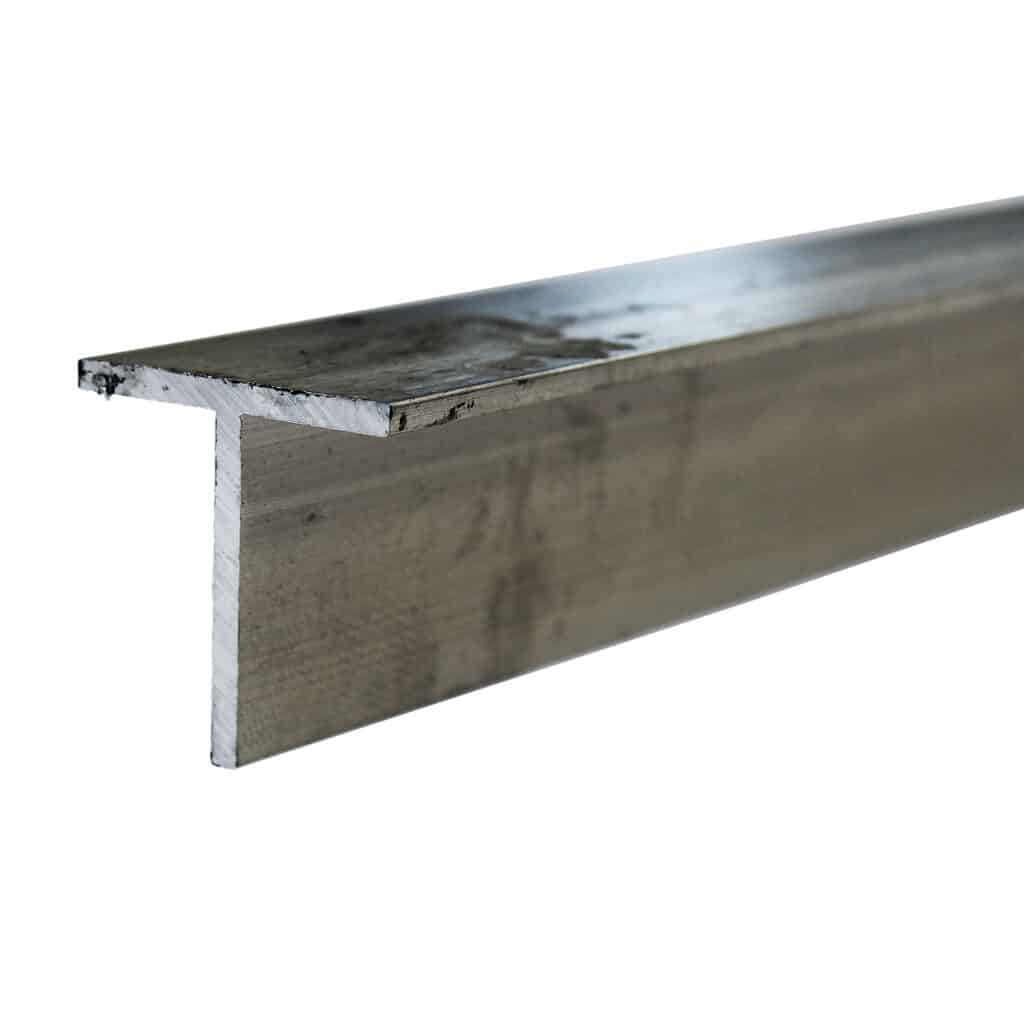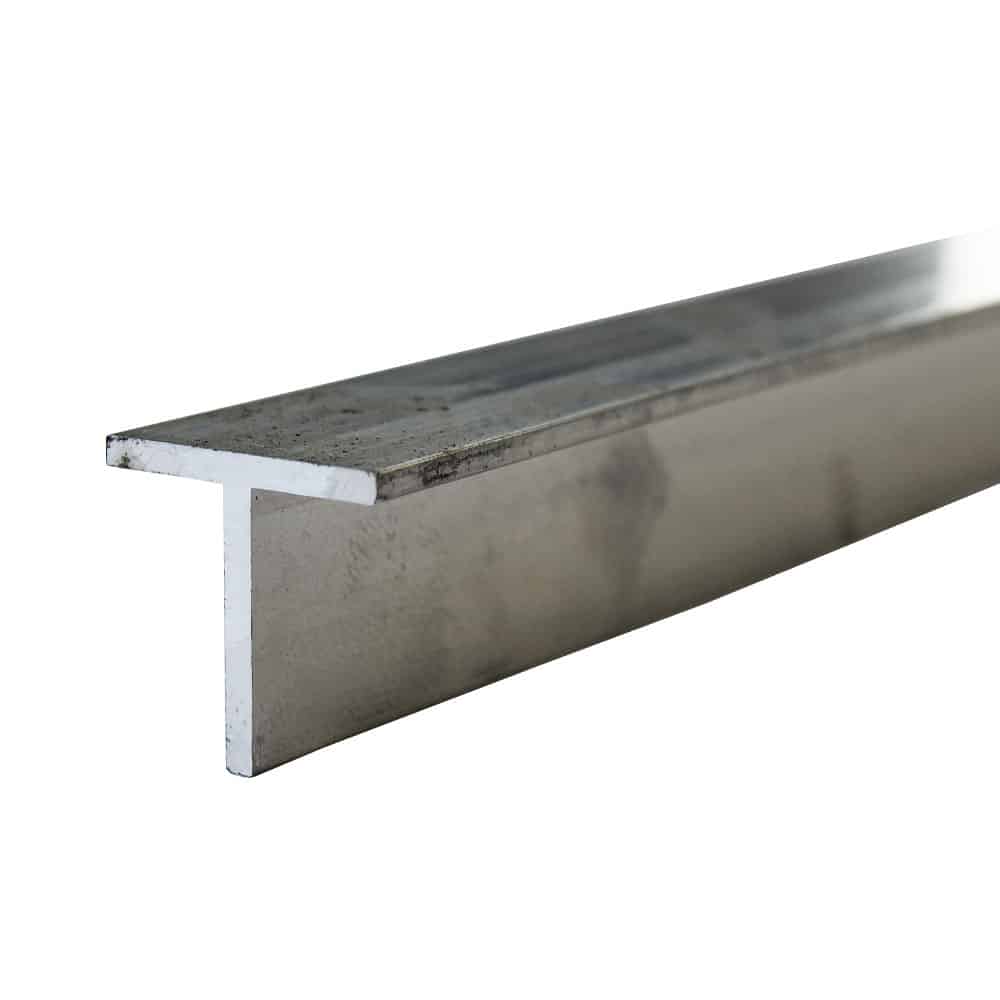- Massive Range
- FREE UK Delivery
- Rapid Dispatch
- Massive Range
- FREE UK Delivery
- Rapid Dispatch
- Massive Range
- FREE UK Delivery
- Rapid Dispatch
£17.59 – £36.40 inc VAT


This website is secured:
£ MULTIBUY SAVINGS – Order 3 For 10% Off
✔ Specialists In Rapid Shipments Of Any Size
✔ FREE UK Delivery Included
✔ Immediate Express Dispatch From Stock
✔ Tracked Delivery with Order Updates
✔ 30-Day Returns Accepted
@ ☏ Bespoke Cuts & Longer Lengths Available
If you’re in the market for a rectangular tube, look no further than Speciality Metals’ 50mm x 25mm x 3mm Mild Steel Rectangular Tube Steel Hollow Box Section. With various lengths available and being recyclable, this rectangular tube is not only versatile but also environmentally friendly. Not to mention, its excellent welding, forming, bending and machining abilities make it a no-brainer for any DIY project or professional construction job. And with its durability and cost-effectiveness, you won’t have to worry about constantly replacing it or breaking the bank. So go ahead and add this handy rectangular tube to your toolbox today!

The Speciality Metals Company is one of the leading suppliers of rectangular tube in the United Kingdom.
Rectangular tube, also known as mild steel hollow sections or ERW tubes, are widely used in a variety of applications and come in both square and rectangular options.
The 50mm x 25mm x 3mm Mild Steel Rectangular Tube is a versatile and durable option for a wide range of applications. Manufactured by Speciality Metals, this steel hollow box section comes in various lengths to fit your specific needs. Not only is it an eco-friendly choice as a recyclable material, it also boasts excellent welding, forming, bending and machining abilities. This makes it a favorite among fabricators and engineers looking to cut costs without compromising quality and functionality. Whether you’re in construction, manufacturing or any other industry that requires a strong and reliable rectangular tube, this mild steel option is definitely worth purchasing.
Speciality Metals is known to be the United Kingdom’s best up-and-coming small-quantity metal company.
Furthermore we stock a vast range of round tube options that compliment our mesh range perfectly.
Over 50,000 customers of Specialty Metals are provided with fast, friendly customer service every year. We’re the place to try when you need metal of any shape and size. We’re based in Warrington, UK. We pride ourselves on our rapid turnaround and a large range of options.
Using mild steel rectangular tubes for plumbing, especially in potable water systems, is not a recommended practice. The primary reason is the inherent susceptibility of mild steel to corrosion when exposed to water, which can lead to pipe blockages, reduced water flow and eventual pipe failure. Furthermore, corrosion from the mild steel can compromise water quality, introducing iron particles that can discolor the water and impart a metallic taste. While mild steel may require frequent maintenance, such as rust-inhibiting treatments, to prolong its lifespan in wet environments, it still tends to have a shorter service life compared to more conventional plumbing materials like copper, PVC, PEX or galvanised steel. If one were to consider using mild steel for certain non-potable water applications, it would be essential to coat or treat the steel adequately against corrosion. However, consulting with plumbing professionals is crucial before deciding on any material to ensure safety, longevity and adherence to local codes and regulations.
Yes, there are several alternatives to mild steel tubes that offer similar or enhanced properties depending on the specific application:
Stainless Steel Tubes: These are highly corrosion-resistant due to the presence of chromium. They offer excellent strength, are easy to maintain and have a shiny appearance, making them popular for both industrial and aesthetic applications.
Galvanized Steel Tubes: These are essentially mild steel tubes coated with a protective layer of zinc. The galvanization process significantly improves their resistance to corrosion, making them suitable for outdoor applications.
Aluminum Tubes: While not as strong as steel, aluminum tubes are lightweight, corrosion-resistant and can be easily extruded into complex shapes. They’re commonly used in applications where weight savings is crucial.
Copper Tubes: Known for their excellent conductivity and resistance to corrosion, copper tubes are commonly used in plumbing and electrical applications. They are more malleable than steel and can also be soldered easily.
Brass Tubes: These are an alloy of copper and zinc and offer good corrosion resistance, excellent machinability and are aesthetically pleasing due to their golden color.
Carbon Steel Tubes: These tubes have higher carbon content than mild steel tubes, providing increased hardness and strength at the expense of some ductility.
Titanium Tubes: While pricier, titanium tubes offer a high strength-to-weight ratio and excellent corrosion resistance. They’re used in specialized applications, such as aerospace or certain chemical processes.
Polymer or Plastic Tubes: Materials like PVC, HDPE or PEX can be used for tubing in specific applications. They’re lightweight, resistant to corrosion and can be cheaper than metal alternatives. However, they aren’t suitable for high-temperature or high-pressure applications.
When selecting an alternative to mild steel tubes, it’s crucial to consider the specific requirements of your project, including mechanical properties, corrosion resistance, weight considerations and cost.
Certainly, drilling holes into a mild steel rectangular tube is feasible, but the process must be approached with caution to maintain the structural integrity of the tube. The size, location, number and pattern of the holes play critical roles in determining how the tube’s strength is affected. Small, infrequent holes might have a minimal impact, but larger holes or those placed in areas of high stress can weaken the tube significantly. If the tube is a critical structural component, it’s essential to consult with a structural engineer or expert before making any modifications. They can provide guidance on the best practices to maintain the tube’s strength while achieving the desired modifications.
Using mild steel rectangular tubes does raise some environmental concerns, particularly when considering the lifecycle of the product, from production to disposal. Here’s a breakdown:
Corrosion: Over time, mild steel corrodes, especially if exposed to moisture and air without protective coatings. This corrosion can lead to the release of iron and other compounds into the environment, which might impact surrounding ecosystems if in significant quantities.
Coatings and Treatments: Often, these tubes are coated or treated to prevent corrosion or enhance their appearance. Some coatings, like certain paints, galvanising treatments or chemical rust inhibitors, can contain toxic compounds that may leach into the environment or become problematic during disposal.
End-of-life Disposal: If not recycled, discarded steel tubes can contribute to landfill waste. Even though steel is recyclable, not every piece gets recycled due to logistical or economic reasons.
Thermal Conductivity: In certain applications, the thermal conductivity of mild steel might be a drawback. For instance, in building applications where insulation is crucial, using steel might lead to more energy consumption for heating or cooling, indirectly contributing to higher CO2 emissions.
Resource Depletion: While this is more related to production than usage, it’s worth considering that continued demand for mild steel tubes indirectly supports mining activities, with their associated environmental impacts.
Recyclability: On the positive side, steel is highly recyclable. Reusing and recycling steel tubes can significantly reduce the environmental impact associated with resource extraction and production.
To mitigate these concerns, it’s essential to maintain and protect steel tubes appropriately during their lifespan, ensure proper disposal or recycling at the end of their life, and consider eco-friendly coatings or treatments when necessary. As always, understanding the complete lifecycle of a product can provide a clearer picture of its overall environmental impact.
Check out our blog discussing what is a steel box section. It will prove a useful read to help you to make an informed decision on which material would work best for you.
We are also very proud of our ever expanding YouTube channel.
Our goal for our blogs and help guides is to answer as many questions as possible to help to explain the possibilities of mesh to our customers. Contact us today if you have any questions at all. We are always really keen to help in any way that we can.
We are also very proud of our highly popular eBay store, check us out there too.
£16.49 – £44.99 inc VAT
£15.49 – £39.99 inc VAT

£16.49 – £44.99 inc VAT

£15.49 – £39.99 inc VAT
Speciality Metals
Unit 1, Farrell Street, Warrington,
Cheshire, WA1 2WW, United Kingdom
Quick Links
Payment Options
